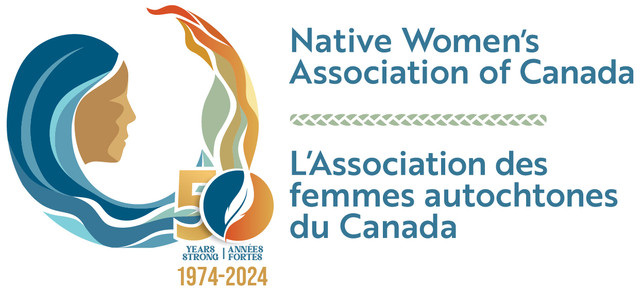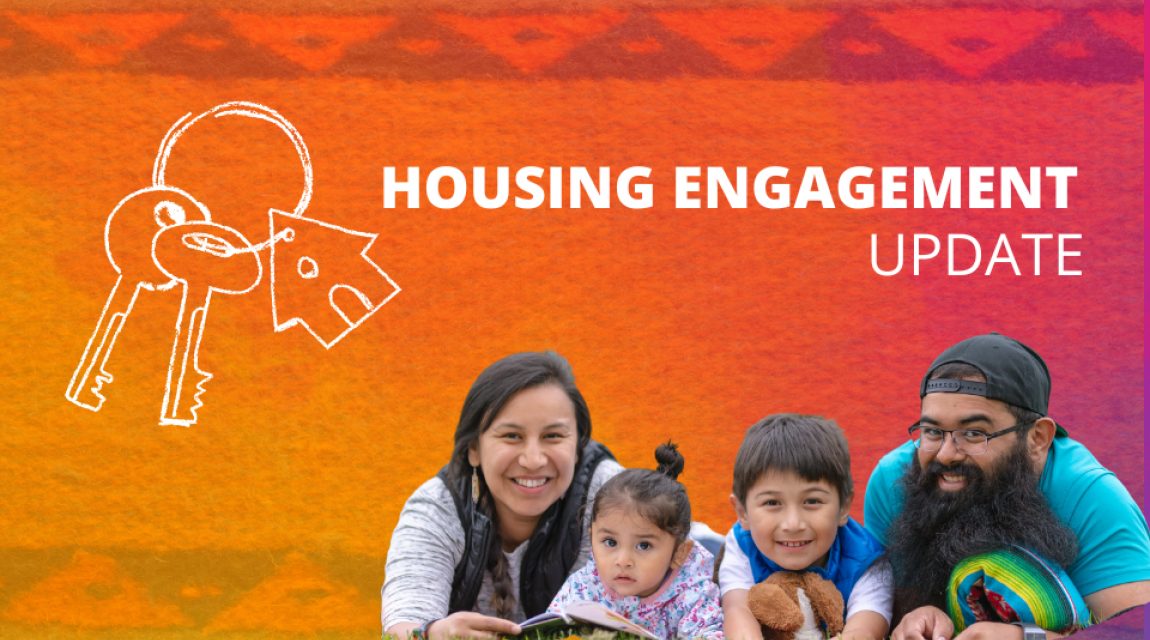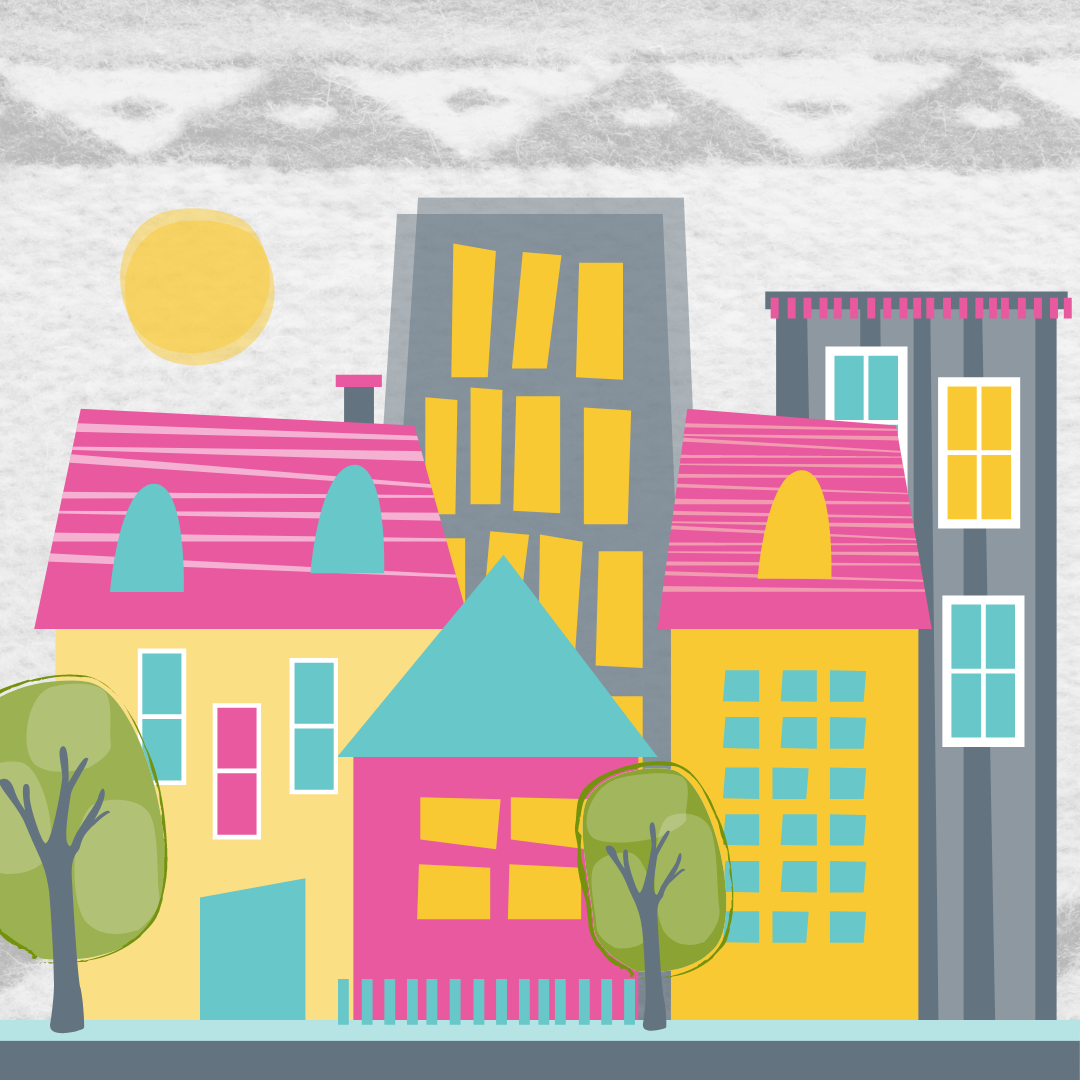URNI Housing Strategy Engagement
The final report on the Urban, Rural, and Northern Indigenous (URNI) Housing Strategy will be released at the end of May or early June. The report includes suggestions on the vision, scope, focus, approaches, investment priorities, and special considerations for distinct subgroups and regions. The principles that should guide this housing strategy are: affordability, safety, family, Indigenous cultures with a distinctions-based approach, accessibility, and connections to home.
The report not only suggests how to co-develop and co-implement the strategy. It offers timelines and priorities, and provides key recommendations and priorities.


